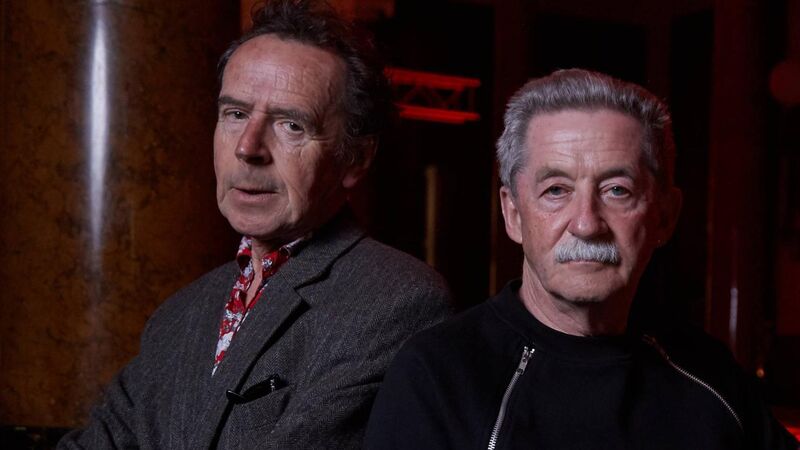B-Side the Leeside: Scullion - Balance and Control

Sonny Condell and Philip King of Scullion. Picture: Miki Barlok
Down a laneway off St Stephens’ Green, Keystone Studios received an auspicious baptism when, in the spring of 1980, Sting became one of the first artists to record there. The Police frontman had moved to Roundstone in Connemara for tax purposes and came to Dublin to demo material for the band’s third album, Zenyatta Mondatta.
Keystone had started in 1977 in a basement on Harcourt Street. But in 1980 it reopened at the rear of 22 St Stephen’s Green, around the corner from the Shelbourne Bar and from O’Donoghue’s on Baggot Street.






